(4-minute read)
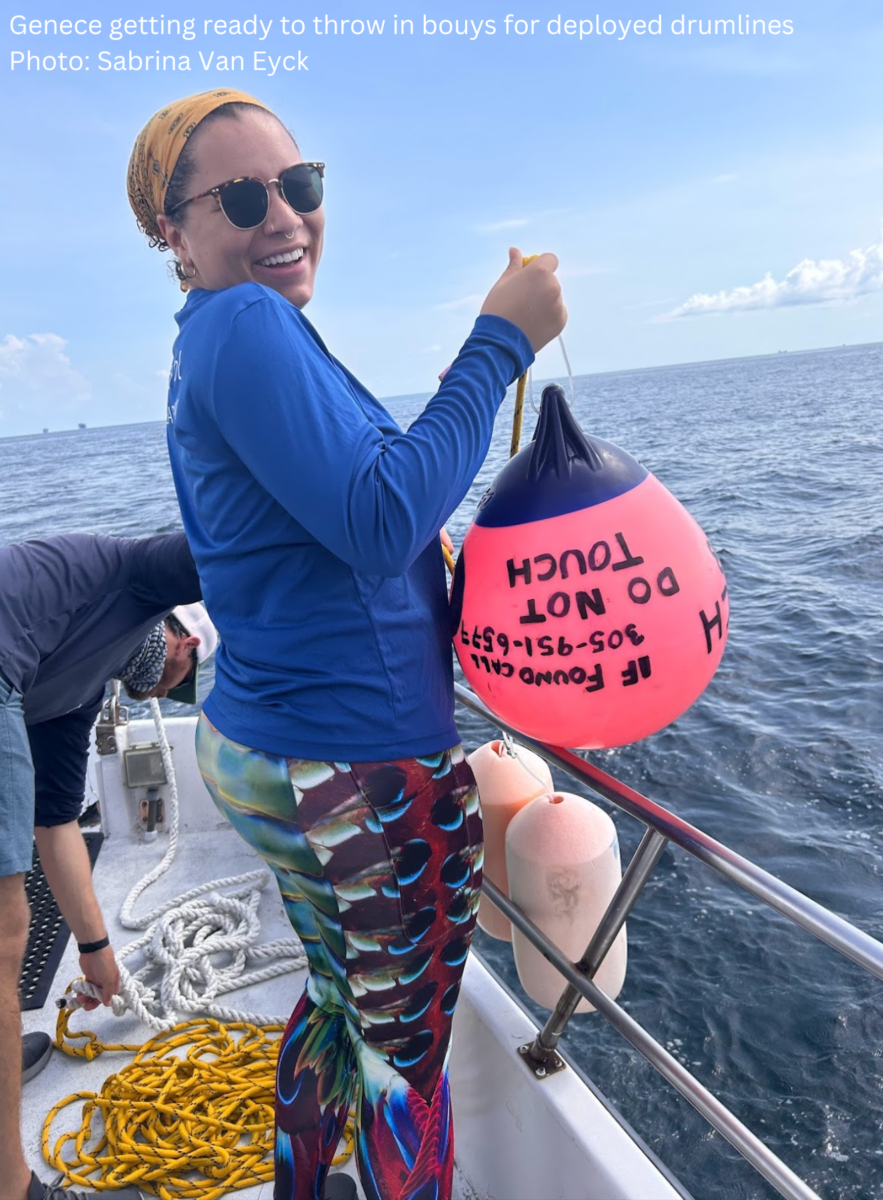
For the last few days I have woken up in hot and humid Miami, Florida, USA. I was staying on a research vessel with a group of amazing people, having thought-provoking conversations, snorkeling in mangroves, out-planting coral, and most importantly working with sharks!!!
I have never been in a place where I needed to drink SO much water and still felt SO dehydrated. Nonetheless, I had a great week filled with the best people!
In October 2022 I was accepted into the Diversifying Ocean Sciences program hosted by Minorities in Shark Sciences (MISS). There were a variety of people accepted into this program, and were either selected to focus on laboratory techniques, marine technology, or field ecology. I was in the field ecology group! Since then, I have been attending meetings discussing ocean science, building my network, and receiving amazing mentorship. The program officially ended this month, with a workshop led by Field School in Miami, Florida, USA on the research vessel Garvin.
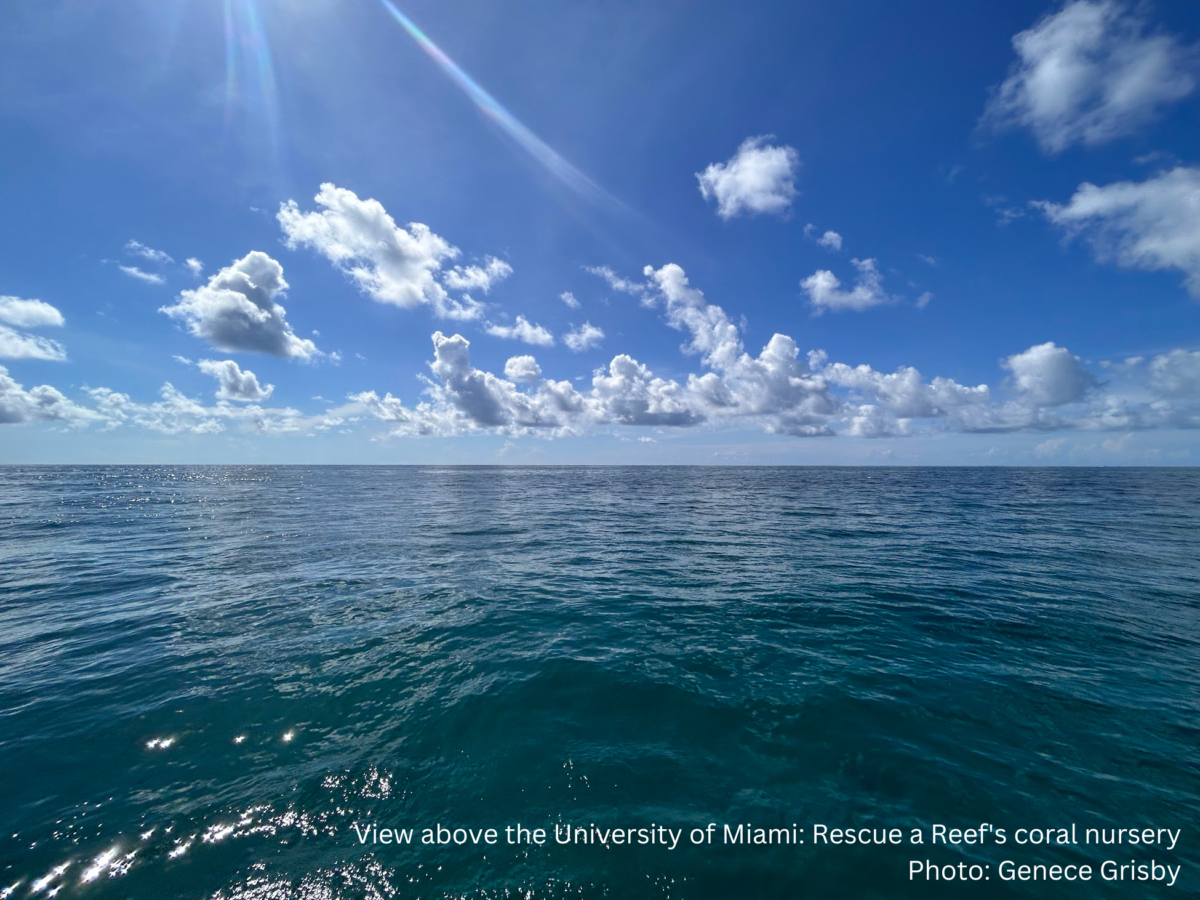
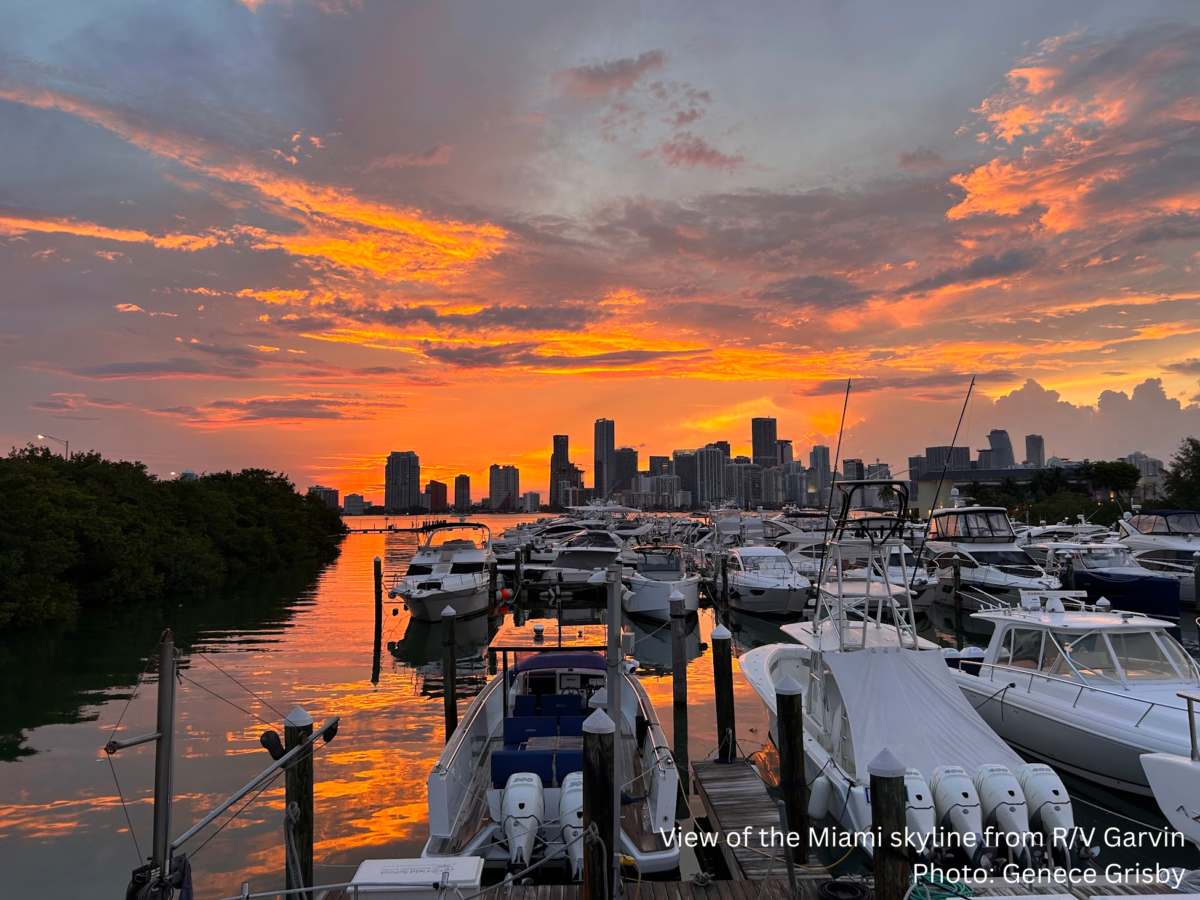
This week I experienced a whole range of new and amazing things: ridiculously warm water, hands-on field work with sharks, new ecosystems, and even daily storms! This program showed me an entire new world of marine science and I loved every bit of it.
Along with receiving lectures on shark biology, nearby habitats, and science communication, we spent the majority of our days out on the water on the boat or snorkeling and practicing our free-diving skills. My favorite thing we did overall this week was performing shark workups! Workups are collections of biological data that will help with future studies to better understand the lifestyle, diet, migration patterns, etc of a specific shark caught.
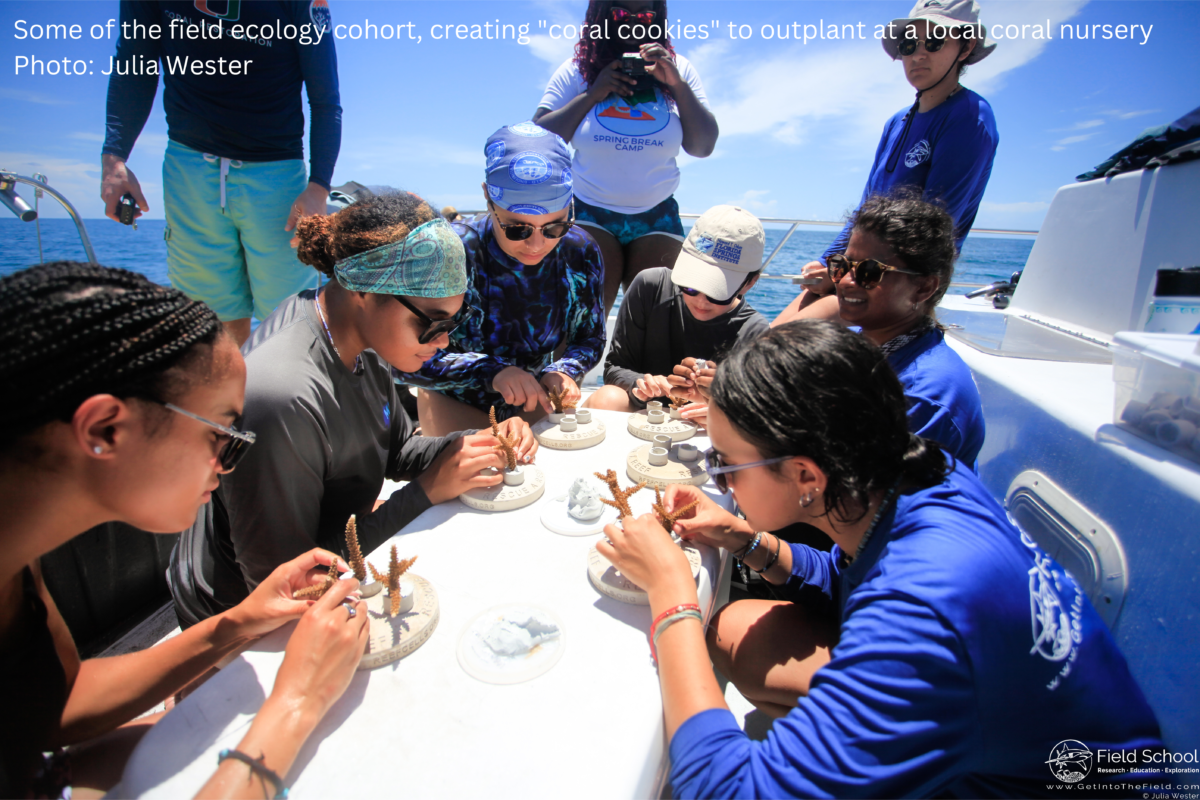
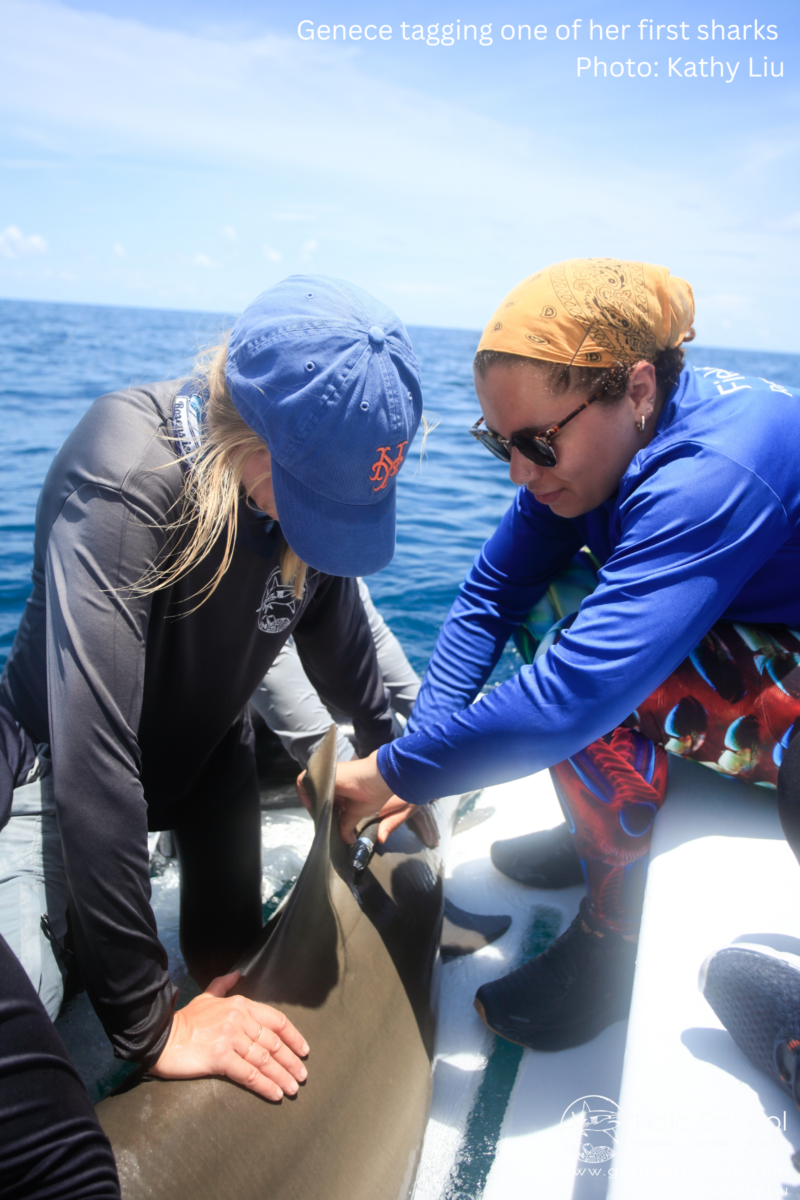
When performing a work up, my group was allowed to measure the shark, collect a small clip of the dorsal fin (to analyze genetics, toxicity, and diet), collect a muscle biopsy (to analyze toxin levels and nutritional condition), and/or implant a mark-recapture tag into the base of the shark’s dorsal fin (to track the shark temporarily). To learn more, you can read about Field School’s shark workup methods here!
My favorite job to do was tagging the shark. Something about it just made me feel like such a scientist. I loved it!
When I started pursuing marine science, MISS was the first organization I began following, as I really looked to them for motivation. As a woman of color, it is easy to feel isolated and discouraged when trying to find a community in the field. This organization puts in the effort to connect gender minorities of color in marine science and it is truly a beautiful thing. Finally meeting some of the co-founders of MISS was an amazing opportunity and, to me, was the equivalent of meeting celebrities. They are all so kind and supportive!
With both MISS and Field School, this week we had a range of conversations with mentors and mentees going from favorite sharks, to life goals and struggles, and even navigating a field historically lacking in diversity. These conversations not only made me feel more prepared but also less alone in the world of marine science.
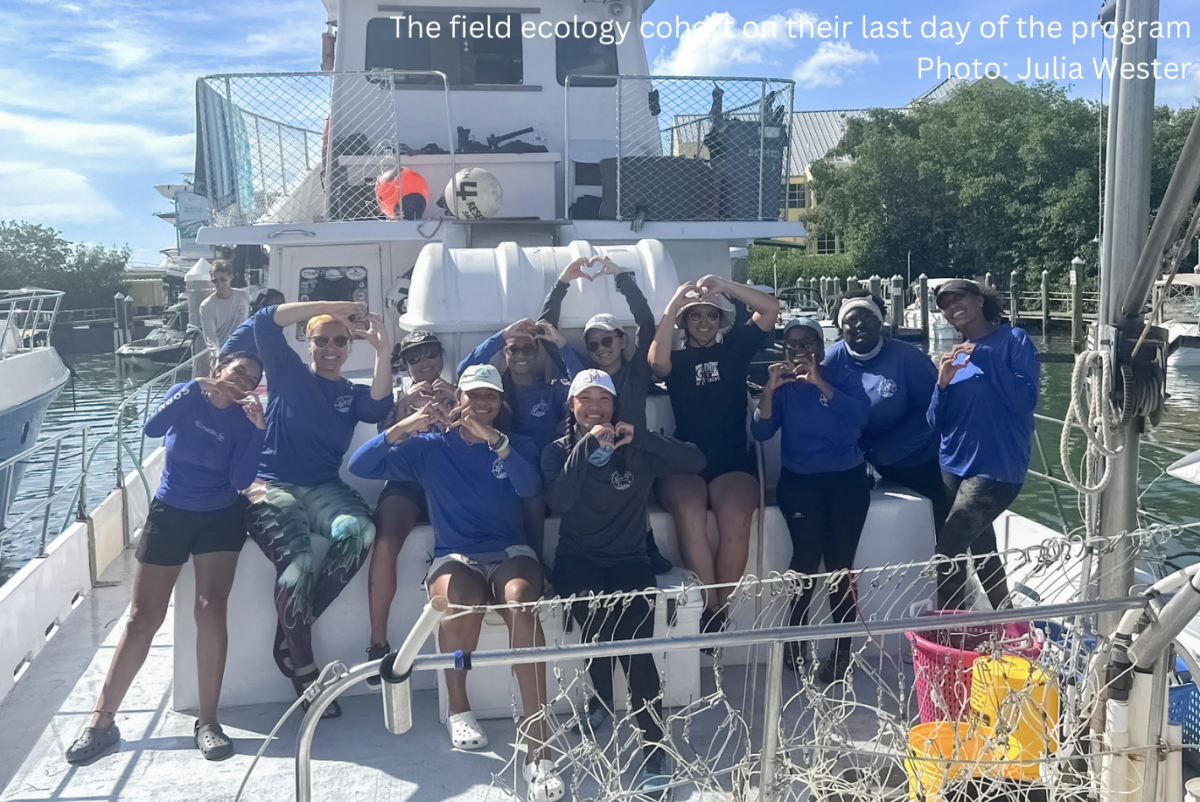
Overall, it was a privilege to experience such a program with an amazing group of individuals. Finally seeing people who look similar to me, with similar backgrounds is exactly what I needed as I begin my new adventures through the scholarship!
Thank you so much to Minorities in Shark Sciences and Field School for providing opportunities for gender minorities of color who are interested in pursuing shark science. It means the world to me and many others!
Thank you to the Our World Underwater Scholarship Society and our sponsor Rolex for making this scholarship experience a possibility. I would also like to thank Reef Photo and Video, Nauticam and Light and Motion for my underwater camera setup as well as Aqualung, Fourth Element, Suunto, Halcyon, and DUI for my diving equipment.